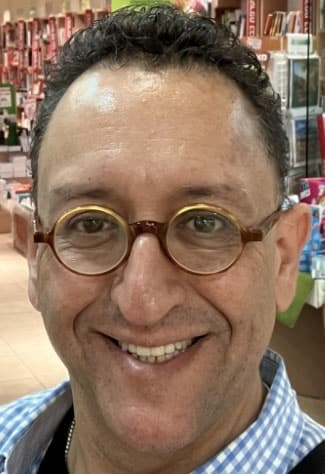There are two different ways of reminding us that Purim is around the corner. One is the PR method, involving newspaper ads, thousands of fliers and large street banners, usually advertising the upcoming Purim carnivals. The other involves no media or marketing but has existed for more than 2000 years. It’s called Shabbat Zachor (the Sabbath of Remembering).
Shabbat Zachor is the special title for the Shabbat immediately preceding Purim. Although the observance of this Shabbat is not as glitzy as the colored fliers and banners seen on the street, its message touches the core of Purim more than any carnival.
Shabbat Zachor is so called because on this Shabbat, in addition to the weekly Torah portion, we read, from an additional Torah scroll, three verses of the Book of Deuteronomy (25:17-19) beginning with the word zachor (remember).
These three verses command us to "remember what the Amalekites did to us after the Exodus from Egypt." Having attacked us and promoted a war, the Amalekites became the prototypical archenemy of the Jewish nation. They are the ultimate representative of anti-Semitism as it is recognized today.
As a prelude to Purim, we read the story of Haman, the descendant of Amalek. We read the Zachor verses on Shabbat to connect Haman to his own Amalekite past, thus providing deeper historical insight as to the motives behind Haman’s plot to destroy the Jews. He is an Amalekite, thus it is in his genes to hate and seek to annihilate the Jews.
In addition to all of this history, Shabbat Zachor draws contemporary meaning and relevance to Amalek and the Purim holiday. Through the word zachor we learn the importance of knowing our past. Two additional Hebrew words, lo tishkach (do not forget), serve as a reinforcement to zachor, pointing to the unfortunate reality that we should "remember not to forget" that Amalek is not only about the past, but its hateful ideology is prevalent wherever Jews reside in the world.
I certainly do not need to review the history of anti-Semitism to demonstrate the continued presence of Amalek. My rebbe in high school taught us that the zachor verses command us to "erase the memory of Amalek." In his words, "combat anti-Semitism, learn from the lessons of the past and teach tolerance rather than hate."
If nothing else, I hope Shabbat Zachor is a reminder that there is more to Purim than just a carnival. Shabbat Shalom.
Daniel Bouskila is the rabbi of Sephardic Temple Tifereth Israel.























 More news and opinions than at a Shabbat dinner, right in your inbox.
More news and opinions than at a Shabbat dinner, right in your inbox.